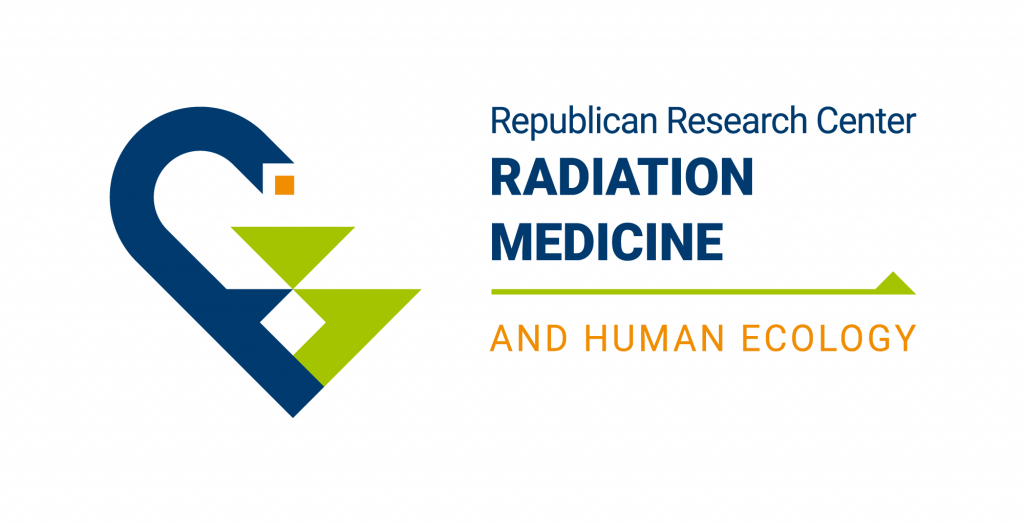Hematology
Hematology is a branch of medicine that studies the structure and functions of the blood system and hematopoietic organs, the causes and mechanisms of blood disease development, using various methods for their diagnosis, treatment and prevention. Blood diseases are conditionally divided into non-malignant and malignant (oncohematology). The main groups of non-malignant diseases are: anemia of various nature, diseases of leukocytes and platelets, hemorrhagic diseases, vasculitis, reactive lymphadenopathy, leukemoid reactions. Malignant blood diseases or hemoblastoses include acute leukemias, chronic myelogenous leukemia, lymphomas and histiocytosis.
The center offers first-class medical equipment, a modern clinical diagnostic laboratory, a highly qualified staff of hematologists who will help to identify the cause and successfully treat blood diseases in the shortest possible time.
- acute and chronic leukemias
- malignant lymphomas, including lymphogranulomatosis
- malignant histiocytosis
- hereditary and acquired anemia
- hematopoiesis depression: hypoplastic anemia, agranulocytosis, etc.
- hemorrhagic diatheses: acquired and hereditary, including hemophilia
- acquired storage diseases: Gaucher disease, Niemann-Pick disease, etc.
- reactive states of the hematopoietic and lymphatic systems
- hemorrhagic vasculitis
- multiple myeloma
We offer our patients a wide range of diagnostic measures:
- sternal puncture, trepanobiopsy; test of blood smear, bone marrow, histological specimen;
- cytochemical, immunological, cytogenetic, molecular genetic study of the bone marrow;
- study of the hemostasis system (hemostasiogram, aggregogram, determination of the 8th and 9th coagulation factor levels, inhibitors, von Willebrand factor);
- selection of modern polychemotherapy protocols taking into account the prognostic outcome of oncohematological disease;
- diagnosis and treatment of thrombocytopenia using intravenous immunoglobulin;
- an international approach to the diagnosis and treatment of hemophilia using blood clotting factor concentrates.
At the outpatient stage, you can get a qualified consultation of a hematologist. If there are indications, the patient is admitted to the specialized department of the hospital.
Foreign citizens can receive medical care on a paid basis in the Hematology department for children or in the Hematology department for adults.
Our specialists:
Dmitry Blizin, hematologist, the highest qualification category
Natalya Kovzik, hematologist, the highest qualification category
